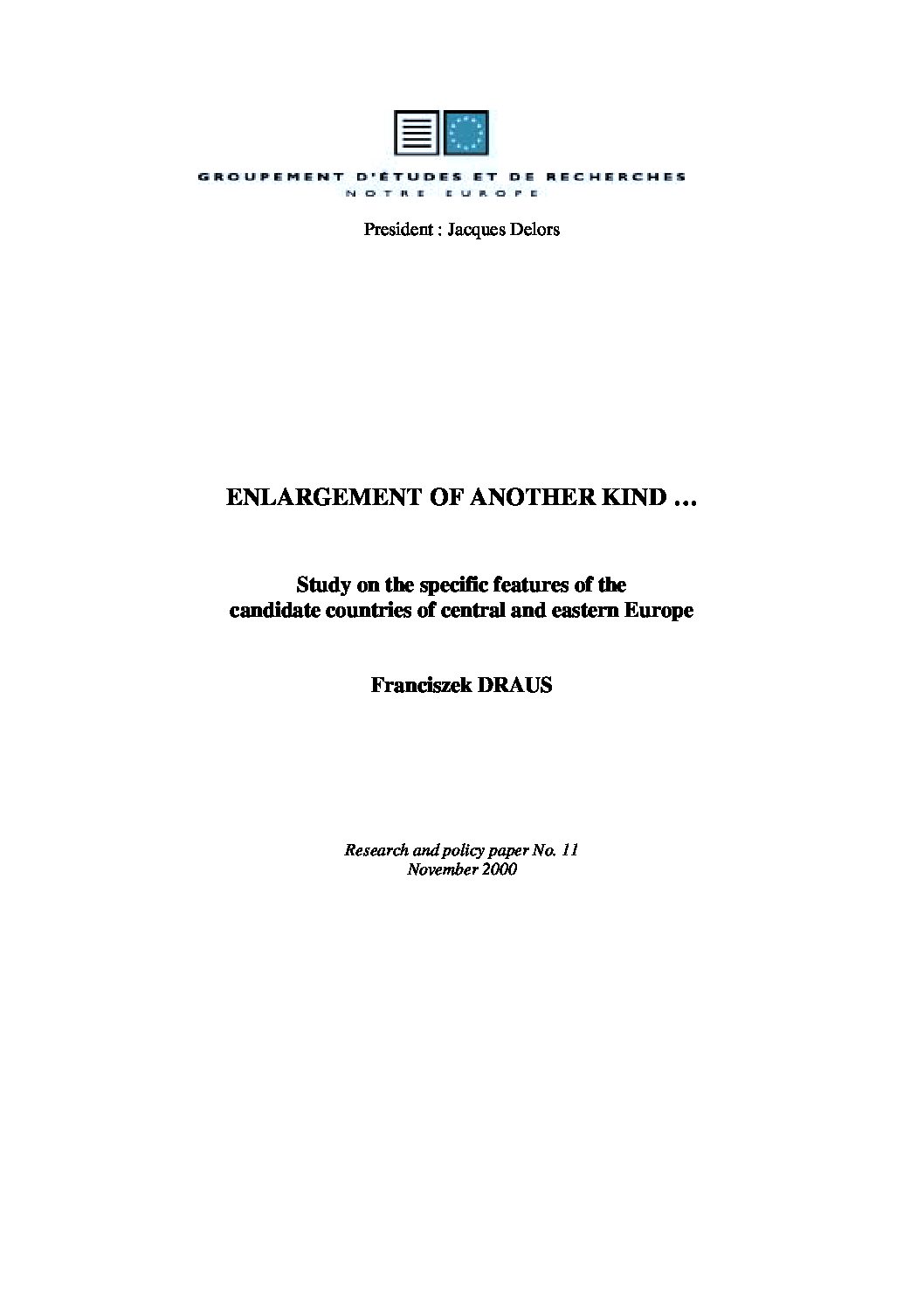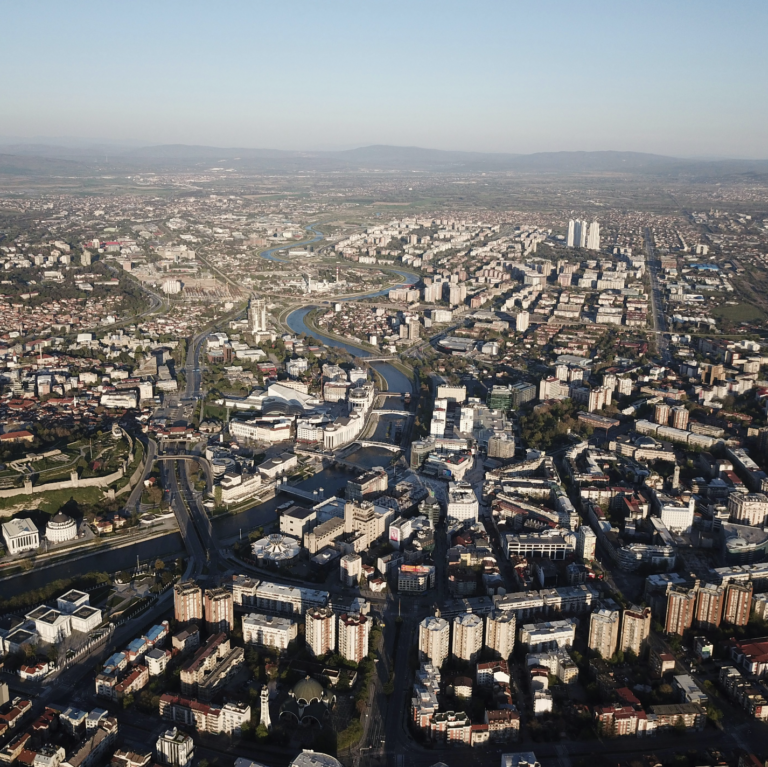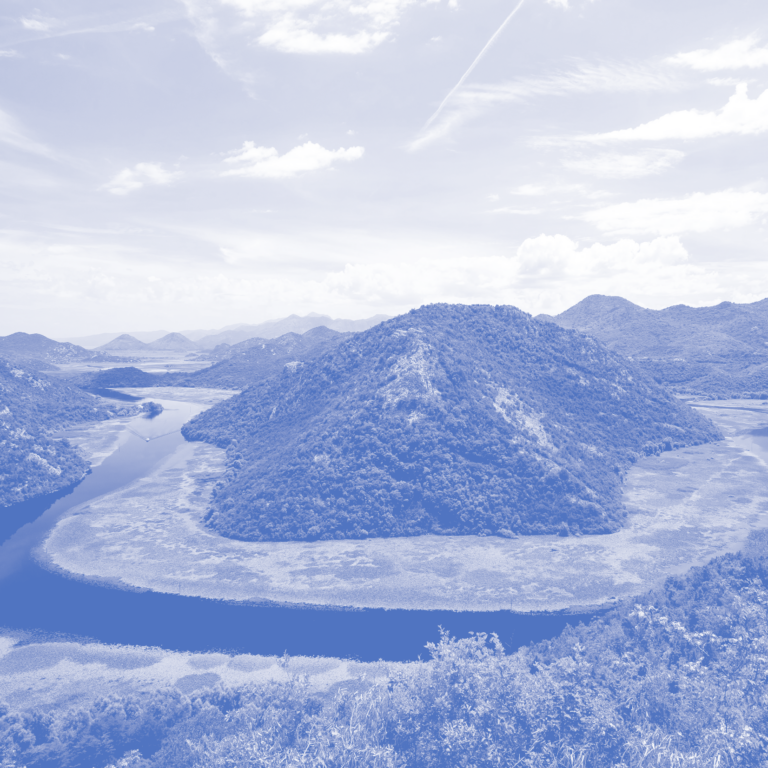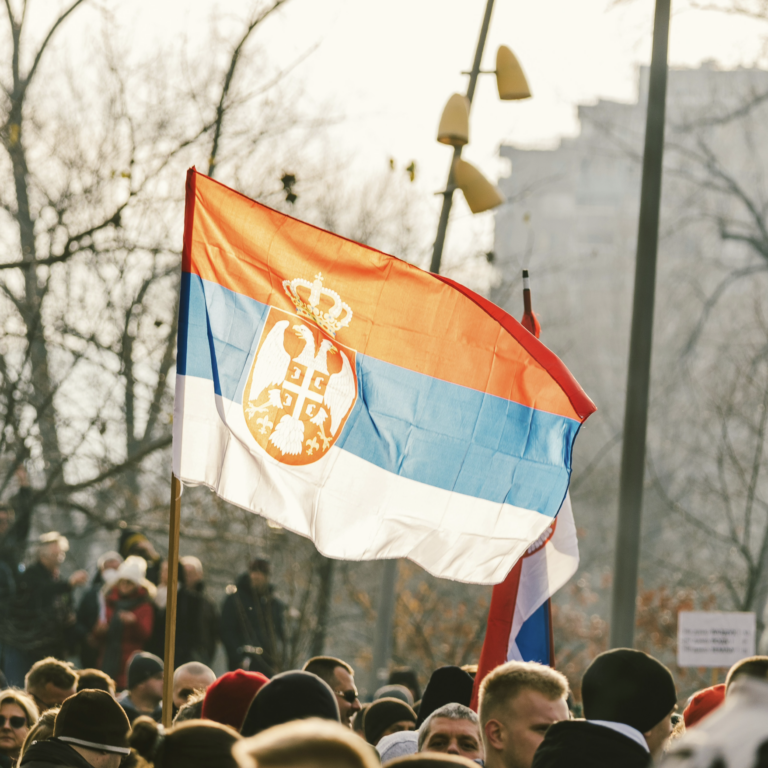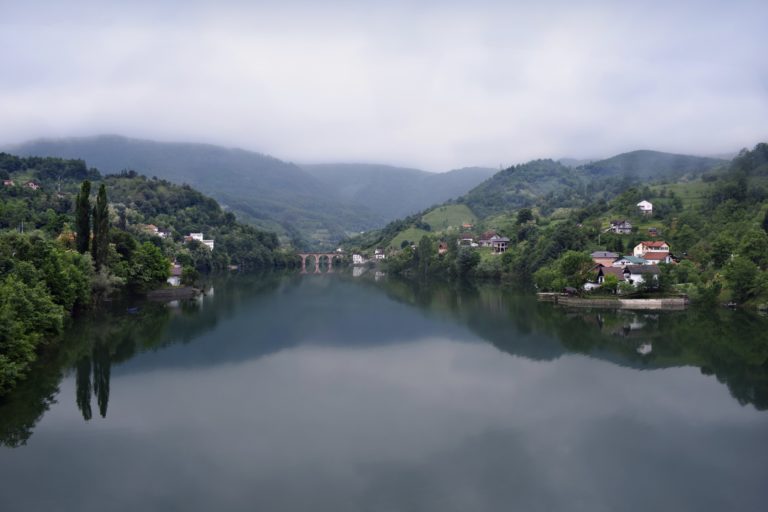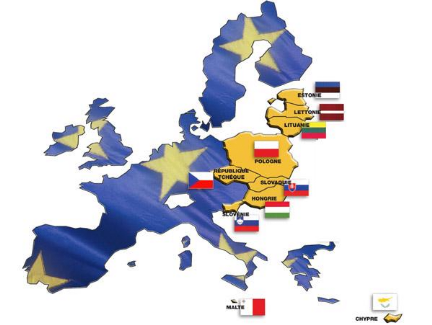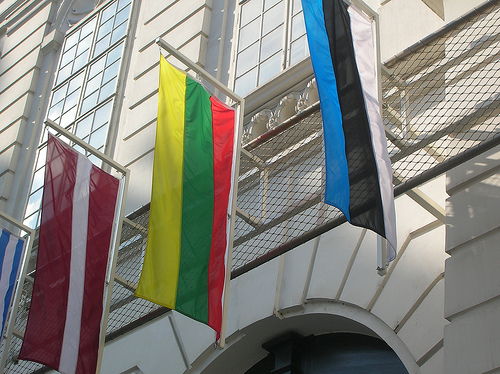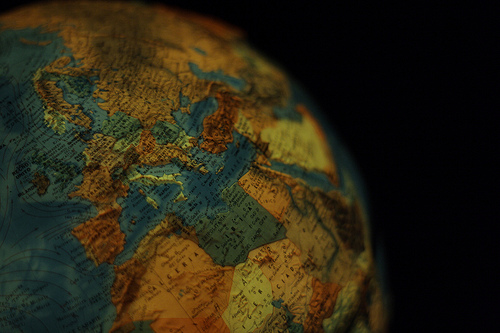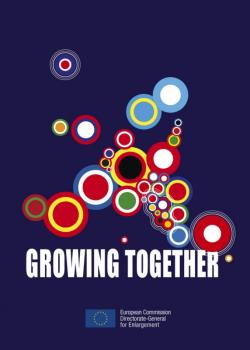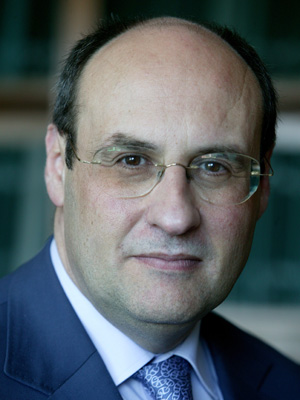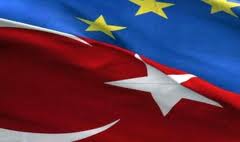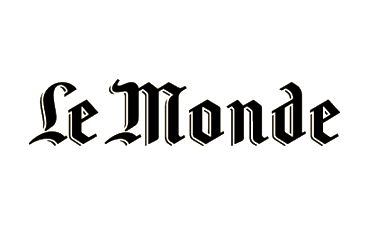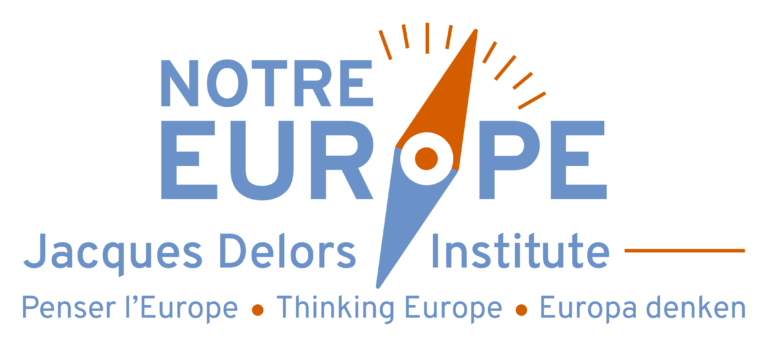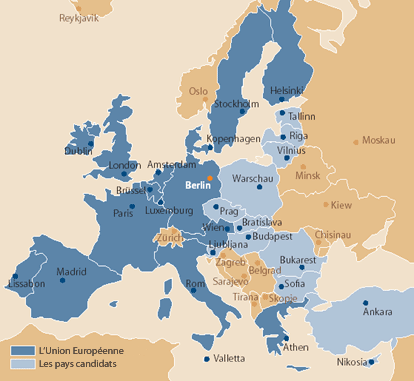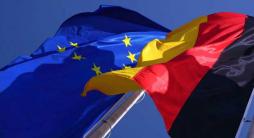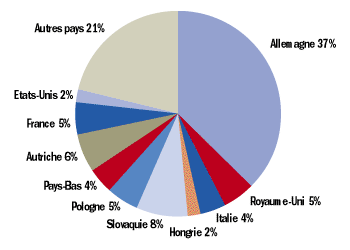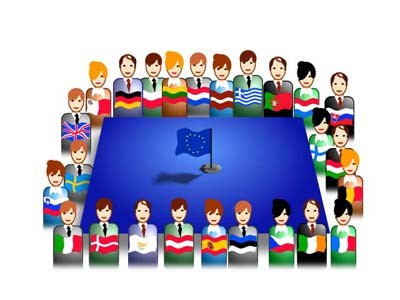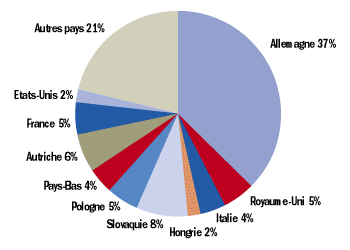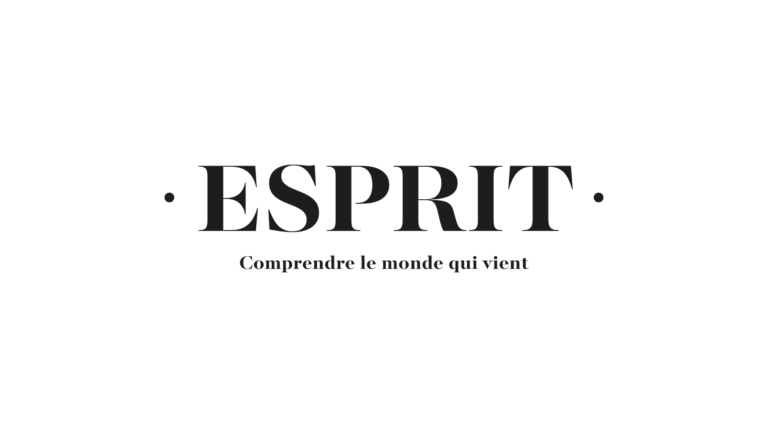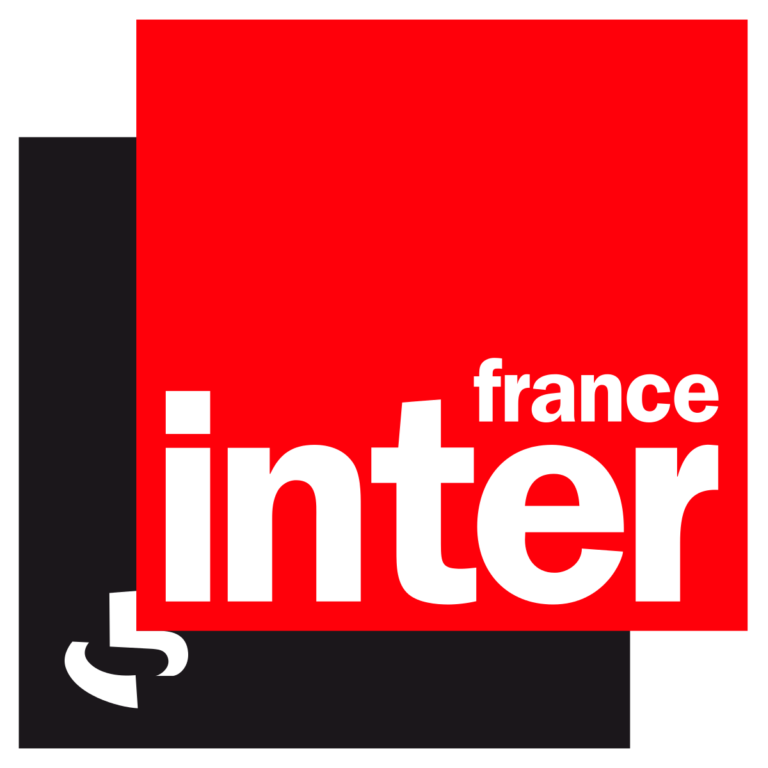Report
Enlargement of Another Kind
Study on the specific features of the candidate countries of central and eastern Europe. Also available in German.
I am, more often than I would like, surprised that there is so little discussion about the forthcoming enlargement in the European public debate. Or rather, that this promising topic should so rapidly boil down to the question of the institutions in an enlarged Union, which is not quite the same issue. For it is becoming increasingly clear that this enlargement is very different from the previous ones, and is raising problems of an unprecedented nature and magnitude in the Union’s short history. Letting this realisation sink in without further comment would be dangerous, for it could encourage the wildest fears and fantasies, ultimately leading to what I have on occasion referred to as “schizophrenia”: the contrast between an urgent political necessity, regularly highlighted but not acted upon, and a purely technical negotiation mandate left to the Commission and resulting in a discouraging inventory of the difficulties to be addressed. Franciszek Draus has kindly accepted Notre Europe’s invitation to try and explain this grey area of enlargement and identify the specific social, economic, institutional and political features of the central and eastern European candidates. His study demonstrates that beyond the figures – which apply to very different situations and are therefore frequently misleading – the real challenge of the enlargement to eastern Europe is how to integrate societies (rather than just economies) that are in the midst of transition and reconstruction into a homogeneous entity. The findings are disturbing but meet the objective set. No doubt, given its emphasis on the fact that new problems are involved, this report might be accused of wishing to make things even more difficult. I nevertheless believe that it is useful and necessary to tackle the issues head on. All those who, like me, are campaigning for rapid enlargement in the political sphere know that it is easier to move forward once the real issues have been identified with the firm aim of resolving them. In a democratic Europe, to plead for a rapid enlargement is to accept public debate on all of its consequences, whether positive or negative. It also means acknowledging differences which will not necessarily disappear with time and are best regarded as sources of enrichment for the European integration process. The proposals with which the author concludes his report bring us back to the fundamental question which I had myself endeavoured to raise: how can we find a practical way of reconciling the urgent political necessity of enlargement with the indispensable period of time required to resolve the substantial convergence difficulties we know lie ahead? We must lose no time in investigating the new political solutions required to resolve this dilemma. Jacques Delors
SUR LE MÊME THÈME
ON THE SAME THEME
PUBLICATIONS
North Macedonia’s EU path: Challenges and opportunities in 2025

EU enlargement and the post-2027 Multi-Annual Financial Framework

THE EUROPEAN POLITICAL COMMUNITY

New Growth Plan for the Western Balkans

Elections in Serbia 2023: One month later

United in growing diversity: How the EU takes intercultural relations into account in its Western Balkans enlargement policy

The EU and enlargement ten years on: success and improvement

The Baltic states in the EU: yesterday, today and tomorrow
What borders for the EU: a variable geometry neighborhood?

“Europe” and its “enlargements”: enough… or do we want more?

Averting two pitfalls: illusion and inertia

Desperately looking for more EU-Turkey geo-political and geo-economic cooperation

The EU, its Neighbours and its Borders

Enlargement: a Tool for the EU, a Prospect for Our Neighbours

Enlargement of Europe: some consequences for France

European “avant-garde”, a new centre of gravity for Europe

Turkey at the gates of Europe

A new mechanism of enhanced co-operation for the enlarged European Union

The EU Institutional Crisis: By the Way… What do the new Member States think?

A driving force despite everything, Franco-German relations and the Enlarged European Union

Reform of EU policies in the perspective of enlargement and their financial implications

Direct investment in Central and Eastern Europe Union

Adaptation of Cohesion policy to the enlarged Europe and the Lisbon and Göthenburg objectives

Social Europe in the throes of enlargement

The Enlarged European Commission

Speech of Jacques Delors at the Conference of European Institutes of Statistiques

Direct investement in new Central and Oriental Europe’s member

Enlargement of the European Union: Towards a large area of solidarity and cooperation

An “Avant-garde” driving the European unification process forward

MÉDIAS
MEDIAS
L’Europe d’après. Pour un nouveau récit de l’élargissement

“EU Enlargement : France’s no was a no to the ongoing process as it it”

European challenges in 2020 : Green Deal and enlargement










